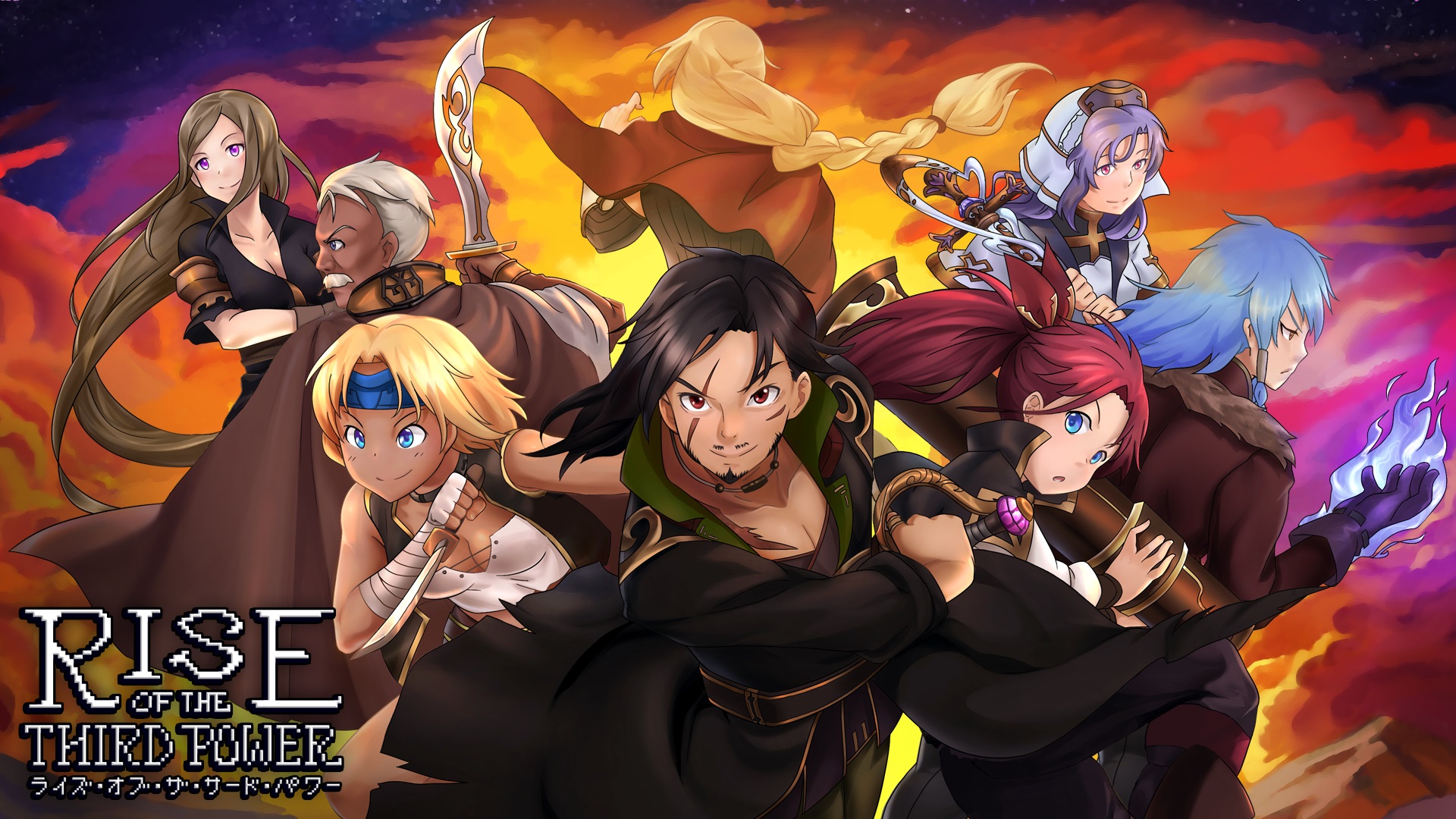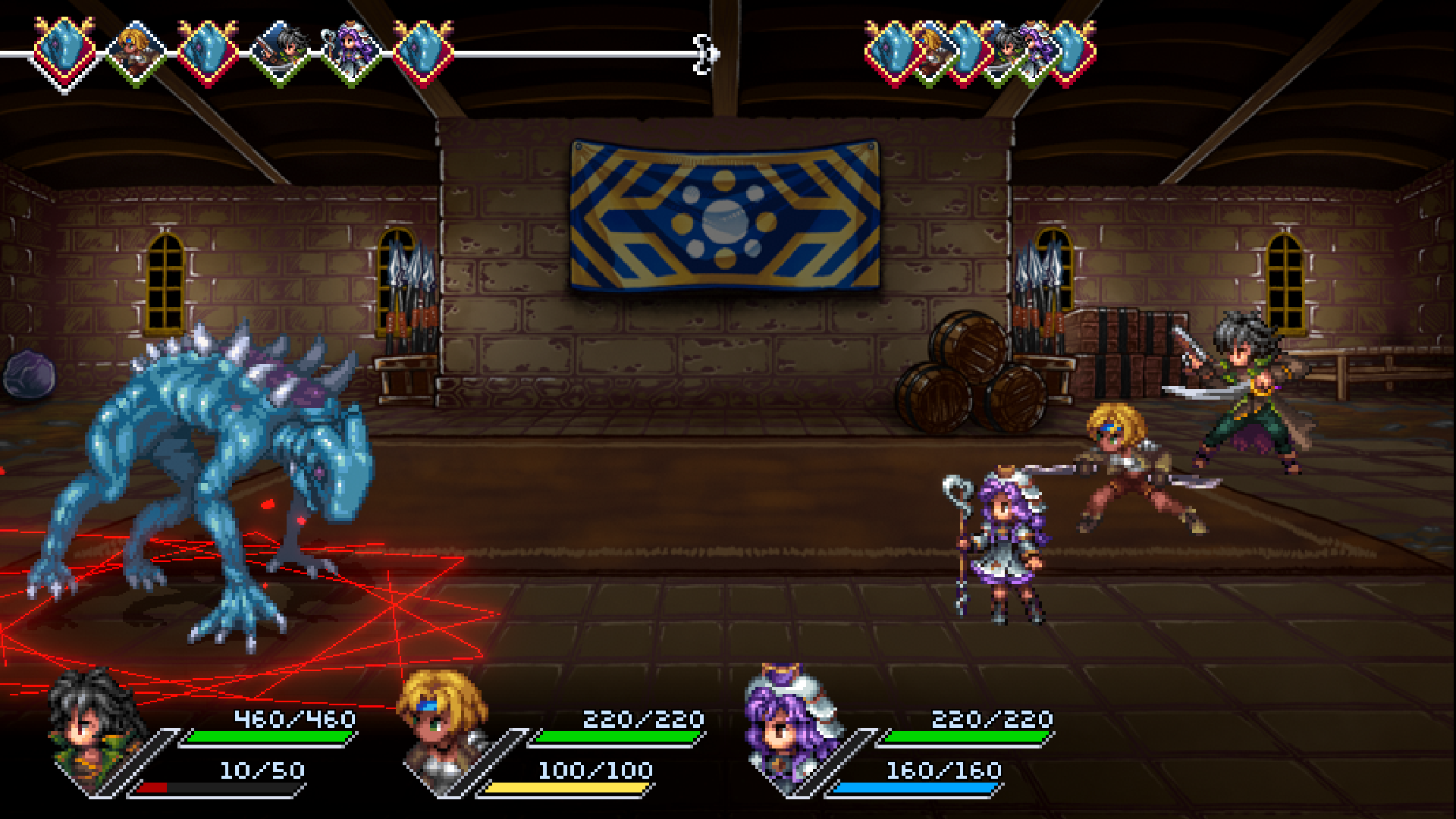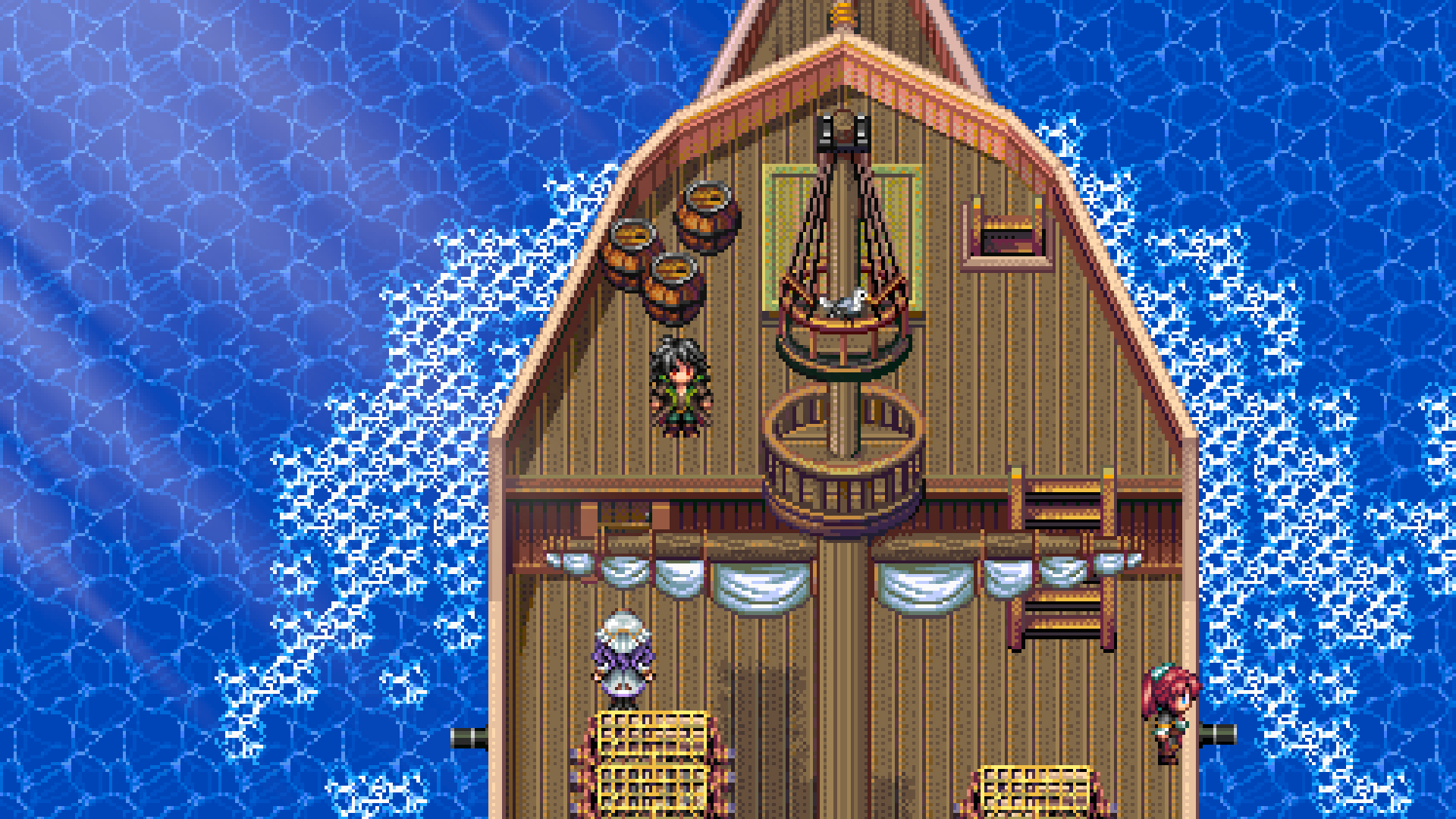If you’re an author and want to find out if your books were used to “train” Books3 without your knowledge or consent - which is the kind of bullshit we do need to put a lid on - the Atlantic now has you covered with a searchable database of titles used for the platform. (Link via my old mate Duane Swierczynski, who was somewhat ticked off to find his own there.)
“Put a lid on, John? But don’t human authors learn by reading others’ work too? Don’t they then produce books derived from that process which will then compete with your own? How is this kind of thing any different?”
A good question, mysterious devil’s advocate.
For starters, even if their works were hugely, directly derivative, it’s still the case that this process adds to and sustains the next generation of human artistic expression. And while some of that will be dross - if you’ve ever seen me try to draw a mammoth, you’ll know that for a fact - enough nuggets will make it through to enable the active enrichment of the culture and individual engagement with the creative process for the generations to come.
AI-generated (or “trainable algorithmic”; let’s not pretend these systems are “intelligent”) artistic works of any sort do not do that. They train nothing but themselves, and the capacity to auto-produce thousands upon thousands of works in moments both buries slower, manual creative pieces and discourages active engagement with the process - leaving only consumption. Their contribution to ongoing cultural endeavour and creation is, fundamentally, a net negative.
Secondly, even if we all start off by reading the books of others (or seeing the pictures or watching the movies or listening to the music or etc.) and thinking, Damn, I wish I could write a book like Tolkien, just without bloody eagles solving everyone’s problems, our own creations, particularly in a long form like prose fiction, are each individually tinted and shaped by the trillions of interactions and events and people we meet, from formative experiences growing up to fleeting moments and interactions in the street the day before.
These experiences and combinations of influencing factors are unique and changing - and there are analogues in all art forms. Even our shakiest, most beginner art carries these unique fingerprints - our most derivative art isn’t ultimately that derivative, and is still identifiably mine, or yours. Making a work that purely, perfectly mimics a source is actually very hard, as counterfeiters have found out for centuries; creation by committee - where those individual elements are sanded down through the inputs of others or in pursuit of universality - is maybe the closest we get, and not normally something we associate with a good product at the end.
No learning algorithm has that. Its only fingerprints are the degree to which it leans on existing work to produce a given style, and its flaws - the way ChatGPT can’t resist introducing characters by their profession, say. And those flaws are being trained out of each successive generation, and will be the same for all their output, across that same vast volume of production. They have nothing new or uniquely different to add - and even if they were trained for “quirks”, those quirks will be limited by the scope of their design and the parameters laid out for them. Until learning algorithms walk amongst us, their experiences and influences are only static recordings of our own, regurgitated back to us.
But ultimately, regardless of how effective it might become, this is a technology that solves a problem which doesn’t exist. This isn’t labour-saving in the way that a washing machine is, or even the way that an assembly line machine is (allowing for a whole line of very good argument about the replacement of manually skilled human workers in many fields where both volume and standard quality were perfectly achievable, for purely cost/profit reasons and the enrichment of those at the top). It’s not freeing people from a previously lengthy but necessary chore or enabling the reliable production of a necessary product whose daily demand is in the thousands of units within extremely fine tolerances. It doesn’t make things better than they could be before.
The creation of art - as much as finishing a novel can be like pulling teeth at times; we’ve all been there - is itself a worthwhile, positive and often enjoyable process. There’s a reason storytelling, painting, singing and the like have survived as universal pastimes since prehistory. Its consumption is in part the sharing in that process, walking in someone else’s shoes for a time, feeling someone else’s imagination touch your own.
Why would you want to shortcut that? What’s gained by doing so? I could take a pill to guarantee 8 hours of blank unconsciousness every night and never need to dream, or have a gastric tube fitted and never have to eat - but why the hell would I?





